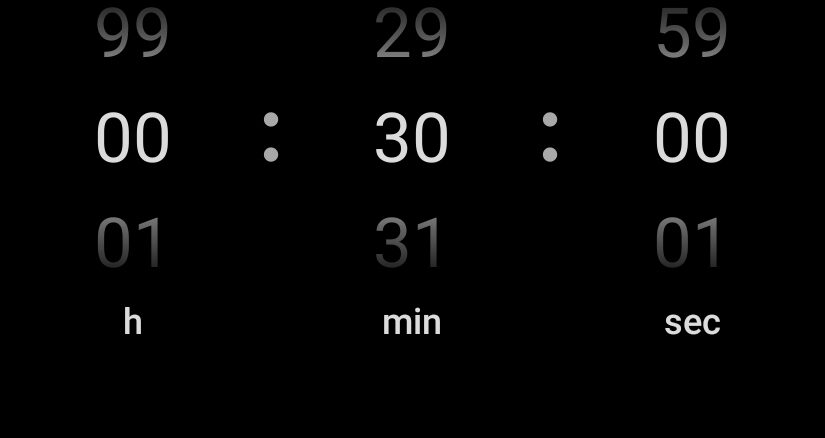by Nathan Chua
In my more than a decade’s work, one of the most common questions I get from people inquiring about mental health services is, “Can you give me a diagnosis?” These come in many forms. Some call already with a prior diagnosis from another practitioner, “I had been diagnosed as a borderline personality, is there anything different about the way you treat people like me?” Even as I had training from that very same school of thought, I had always had my reservations about the practice of diagnosing. I had been diagnosed once, and I know how it feels and I know that it really wasn’t helpful. It is as if knowing what people have can make them somehow more aware of their tendencies and therefore allow them to be more cognizant of their actions.
Does knowing one’s diagnosis really help? Let’s take a look at what a diagnosis really comes up to, by taking this to an absurd level of analogy. If one were diagnosed to be bipolar, would they go around eating in restaurants and meeting people and saying, “Hi, I am Nathan. I am a bipolar disordered person!” Would they introduce themselves in every situation the same way? Like would that be how you would tell someone about yourself in a group class? From this, we can notice that we all act differently depending on the situations that we are in. We act differently when we are at work and when we are at home. We act differently when we are stressed and when we are relaxed.
Based on my experience, I have seen how this happens to people who had been dealt with a veritable life sentence of being attached to a label. At times, even worse, pinned with an inaccurate one at that.
As human beings we have evolved into a group of cells and individuals that thrive and survive through cooperation. One of the scariest parts of being human is to become isolated from a group. Being creatures who survive in communities, we have yearnings to belong. In the wild, the isolated human’s fate is most probably becoming a dead human sooner than later.
Belonging is important to us. There was even a famous study in the past that showed how much humans require nurturing and caring. Babies cannot survive just being fed through a bottle. They need touching and the physical and mental stimulation that comes from a caregiver.
However in the age of social media and the rest of the modern accoutrements we enjoy, the mind has hijacked this inner yearning to belong. Our problem-solving minds are excellent in categorizing people. The way to this felt sense of belonging has turned into being special instead of being one with others who share the same doubts, fears, and inner perturbations. You and I can see this in how special people want to project themselves in their social media accounts. The way to belong is to become special! Do you notice the oxymoron here?
The other way the mind hijacks this yearning to belong is the complete opposite of the abovementioned example. Our thoughts turn us into especially vulnerable individuals that need special attention. I have bipolar disorder so you better be extra kind and loving around me.
Like traits, all these diagnoses serve more to put us in boxes of categories. Experts have seen how countries that had adapted this system of classification (or what we call our DSM, Diagnostic and Statistical Manual for Mental Disorder) get worse results. What we used to think were just the shy nerdy types in school have now turned into walking diagnoses that need special attention and worse, medication. We had forgotten an era when that shy, quiet girl in class can turn into the next world class stage performer.
So let’s get back to how I started this blog post. What do I say when asked about whether or not I can give a diagnosis? I just tell them that I don’t.










